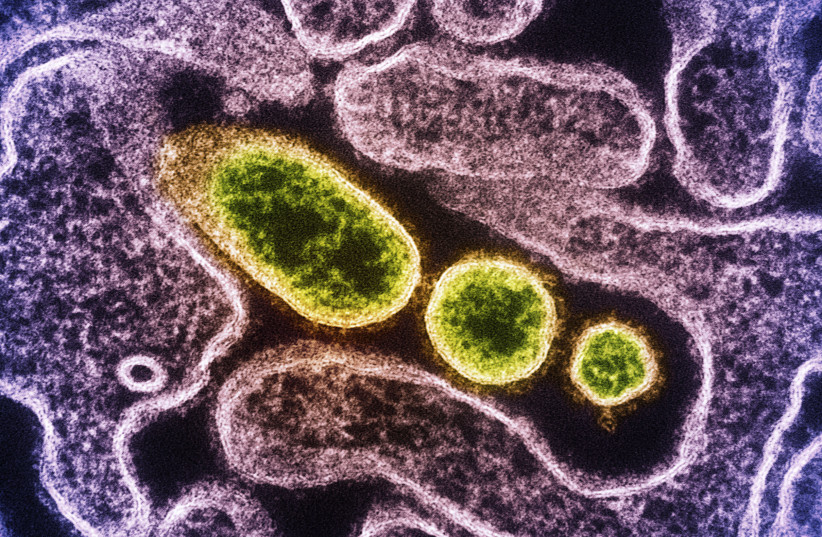Over 1,100 people in the southern Indian state of Kerala were in quarantine as of Monday after coming into contact with patients infected with the Nipah virus, according to Indian media.
In the past week, six cases of the virus have been recorded, with two of the patients succumbing to the illness. Samples from bats in the region have been collected as well to test for the virus.
The Nipah virus has a fatality rate of 40-75%, according to the World Health Organization. The virus can be transmitted from animals to humans or between humans through close contact. There is no cure or vaccine for the virus. Human infections range from asymptomatic infections to acute respiratory illness and fatal encephalitis (inflammation of the brain).
Multiple outbreaks of the virus have occurred in the Kerala region in recent years.

Exposed individuals instructed to isolate for at least 21 days
The people who came into contact with the infected patients were instructed to isolate themselves for at least 21 days. So far, 61 of those in isolation have tested negative for the virus. A number of individuals have shown symptoms of the virus but the results of their tests have not been received as of yet.
Schools in the Kozhikode area, where the outbreak began, were switched to online classes until later this week.
While no new cases have been reported in the past few days, India's Health Minister Veena George stated that the general alert in the area would continue for a few days longer. George added that the outbreak appears to be under control as no secondary wave of infection has occurred.
